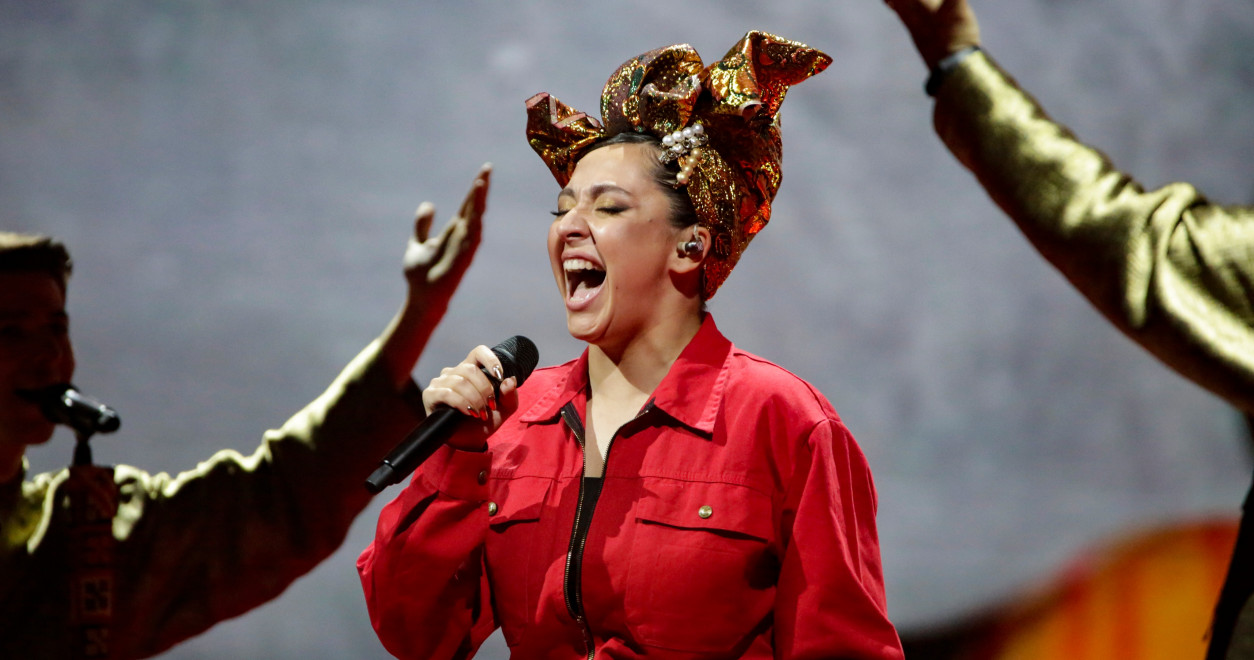Winnipeg's refugee rapper with a mission
Winnipeg's refugee rapper with a mission

WINNIPEG, Canada, July 14 (UNHCR) - Samuel Mijok Lang has found a mission in life; to help young people and promote understanding about different cultures through his rapping skills and his inspirational life story.
"I am not looking to become famous with my music, I just want to help the youth in the world," says the former refugee, known as Hot Dogg by his hip hop fans, who has built up quite a following in this city known as the gateway to western Canada. His debut album, "Lost in War," should spread his name further afield.
The 21-year-old gains inspiration for his music from his own amazing background and struggle for survival as one of the so-called Lost Boys, who were separated from their families and forced to flee their homes during the civil war in South Sudan. Lang was among almost 4,000 Lost Boys resettled in North America in 2001 with the help of the UN refugee agency.
He has made the most of his opportunities since then, completing secondary school and becoming a youth leader and a facilitator at workshops, where he tells deprived youths about his own inspirational journey to North America and his subsequent success.
Earlier this year, Lang received a certificate of recognition from the municipal authorities for his outstanding work with the youth of Winnipeg. "My dream is to give hope to the youth. I want to tell them that everything is possible. I was lost in war, lost in the jungle but today I have a new life."
And then there is his music, which draws on Hot Dogg's [a name given to Lang by his fans in recognition of his favourite food] personal experiences and promotes cultural and racial understanding. His practise of hip hop also reflects his own assimilation into North American society.
The 12 tracks of Lost in War, a mesmerizing mixture of driving beats and edgy lyrics, promote peace, unity, hope and education. In the opening number, "Lost Boy," Lang recounts his dramatic flight from Sudan to Ethiopia, and later Kenya, whence he left for resettlement in Winnipeg - home to about 200 Lost Boys.
Lang, who has dabbled in the world of cinema and is working on a documentary with other Lost Boys, is also trying to help youth in South Sudan, where a fragile peace has been in place since January 2005, as well as in the country's troubled Darfur region.
In April, he organized a concert in Winnipeg to raise awareness of the situation in Darfur, where fighting between militias, rebels and the government has forced hundreds of thousands of people to flee their homes. He is currently touring the United States to raise funds for war-affected children.
But he also has one very personal goal. He wants to return to Africa to find his mother, whom he has not seen since he fled Sudan all those years ago. "I heard that she is still in Kakuma Camp [in north-east Kenya] and she is now losing her sight. I would like to go see her," he said.
"It is difficult to enjoy my life in Canada when I know that my mother is still suffering in Kakuma Camp," he added, with sadness in his voice. A reunion would help heal some of the pain that Lang, one of whose mottos is "never forget your roots," has been suffering since he was a child.
By Shelow Hy in Winnipeg
and Gisèle Nyembwe in Ottawa, Canada








